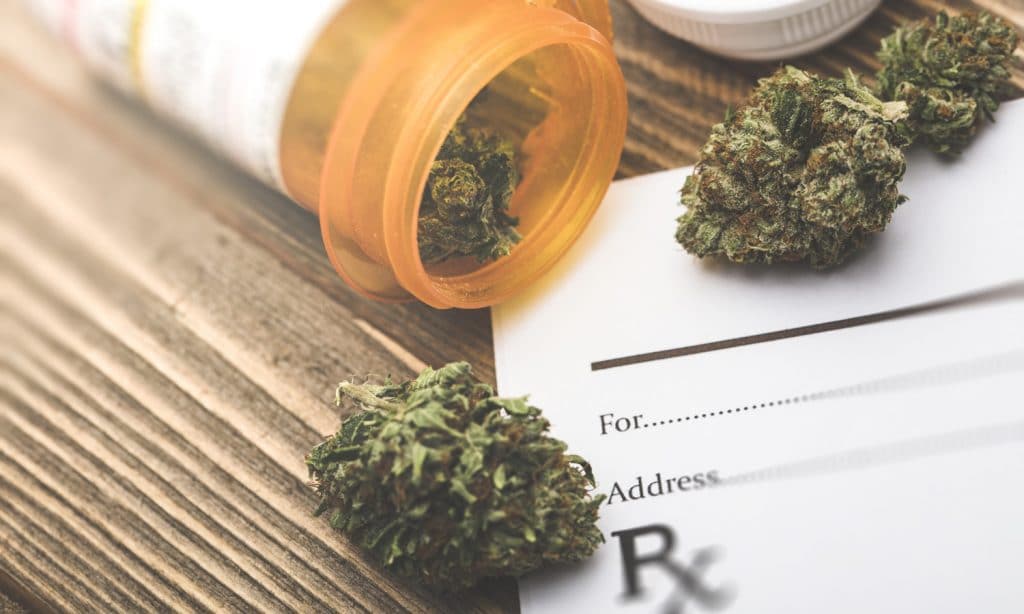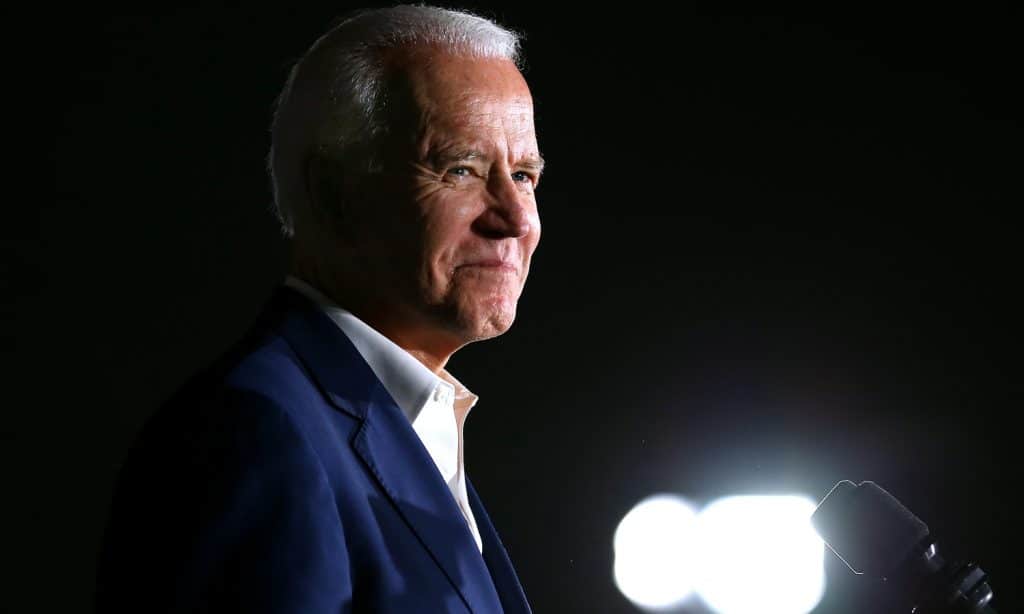Different ways to be legal
Not only does every country have its own laws regarding the use, possession, sale, cultivation, and import/export of cannabis, but often these categories too can be broken down further into medical legalizations, recreational legalizations, and even religious legalizations, each with its own set of laws concerning use, possession, sale, cultivation, and import/export.
Right now, in terms of full recreational legalizations, there are only a few places that apply. Uruguay; Canada; the US states that have independently legalized; Mexico, although until legislation comes out in December, it’s technically only a judicial legalization, with no regulated system for sale of products; and Canberra, Australia’s capital city. Then there’re places like Washington DC, and Georgia (the country, not the state), which have wonkier recreational legalizations. In DC, a person can possess and use, but can’t buy or sell, although cultivation is legal. In Georgia, it’s the same, but without the cultivation part, making for a strange system where using a product is actually legal, but there is no legal way to obtain it.
When it comes to medical legalizations, these have become ubiquitous in the world. From South American countries like Argentina and Uruguay; to the majority of European countries; to Australia & New Zealand; to African countries like Zambia, Zimbabwe, and Lesotho, though these countries don’t always guarantee the use of cannabis for their own people, and are more geared toward the business end, and exportation to other markets. Nearly every US state has medical legalization; even some Asian countries like Thailand; and Middle Eastern countries like Lebanon, which just became the first of the region (apart from Israel) to allow this.
And then there are the more elusive religious legalizations, which have been coming into play more recently. The most well-known religion to use cannabis sacramentally is Rastafarianism, although others do exist. Due to the Rastafarian religion, countries like Jamaica and Barbados have specific laws that allow the use of cannabis for religious purposes. And though there isn’t an actual written law attached to it, Nepal allows cannabis to be smoked without harassment by law enforcement, for one day a year to celebrate the Mahashivrati festival.
Where can you fly with cannabis
To be clear, there are no legalized locations – recreational, medical, or religious – that have laws allowing the transport of cannabis across country borders. What this means is, whatever the legalization policy, and whatever might be allowed within a country’s borders, this has no bearing on anything, anywhere else. No country will allow you to legally cross its border with cannabis. To make it even more clear, even if a person is attempting to fly with cannabis from one recreational legalized location to another – let’s say Toronto to California, this too is not possible.

Copyright
© 420 Intel






